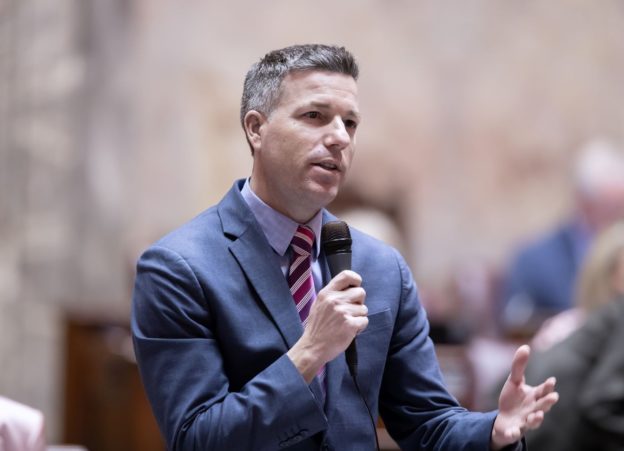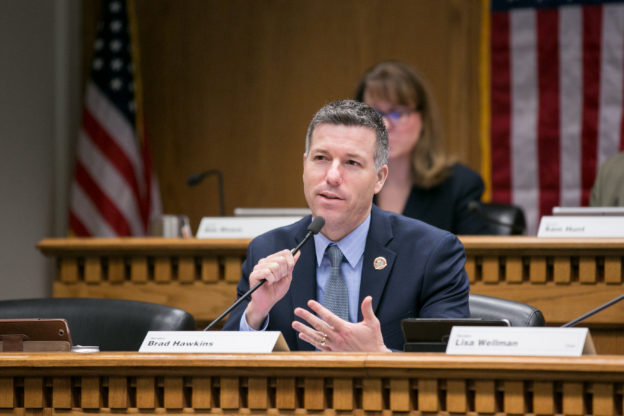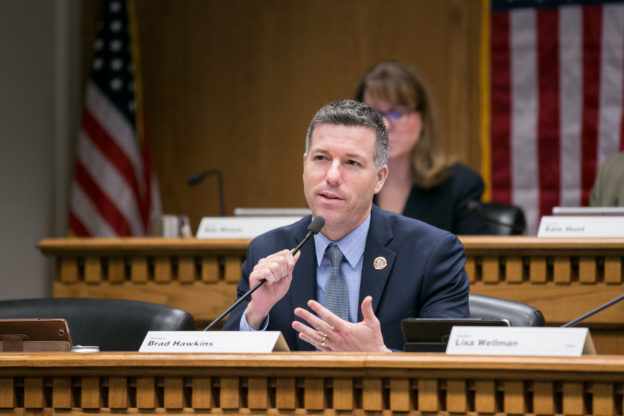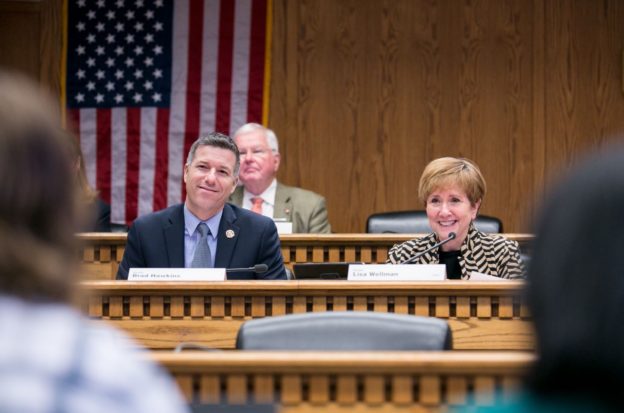As the Legislature readies itself for multiple weeks of upcoming floor debate on hundreds of bills, Sen. Brad Hawkins is troubled by the mandates in Senate Bill 5462, which would require all school districts in the state to adopt an “inclusive” curriculum.
“The big issue I have with this proposal is the forced adoption of more Olympia-based curriculum by all school districts in the state,” said Hawkins. “This reminds me very much of the highly controversial ‘comprehensive’ sex education bill that was mandated upon every district just a few years ago.”
In 2020, Senate Bill 5395 was approved in the Legislature after much debate on nearly 200 House and Senate floor amendments. The bill, which Hawkins voted against, was eventually approved and was signed into law. After the governor signed it, citizens gathered enough signatures to create a referendum, which failed on a statewide vote in November 2020. During the intense floor debate in 2020, Hawkins’ amendment allowing families to opt out their children was one of the only amendments approved and signed into law.
For Senate Bill 5462, Hawkins will propose an amendment that “allows rather than requires” school districts to adopt the state-developed policies directing inclusive curriculum. It also removes requirements in the bill that apply to public charter schools. While Hawkins had success with his floor amendment in 2020, he is not as optimistic with this year’s Senate Bill 5462 amendment, saying, “The votes are not likely there to significantly change the statewide mandates this bill proposes, but I’m going to try.”
Hawkins added, “Lawmakers in Olympia need to allow our locally elected school boards to make more decisions for their communities, especially related to curriculum. Our whole school governance system was once predicated on local control and now it seems that the Washington State Legislature wants to become the ‘Washington State School Board.’”















